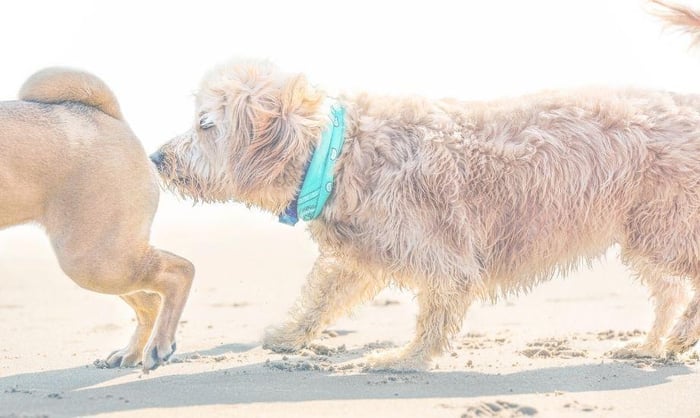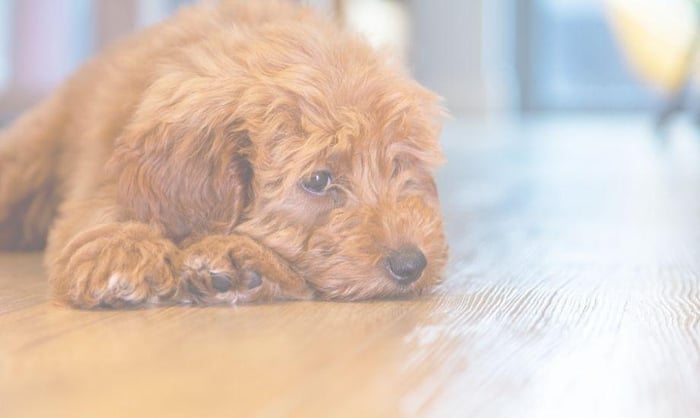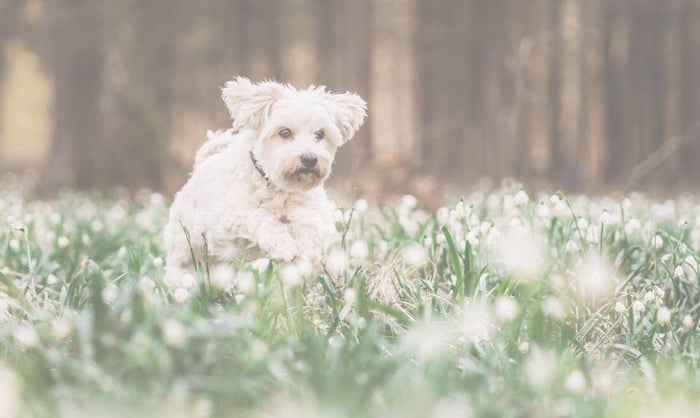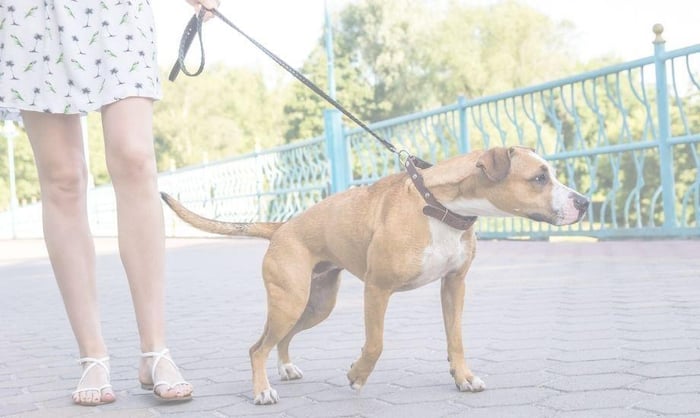Anal gland problems in dogs are a very important part of your dog’s health but they can also be a pretty stinky problem if they’re not properly taken care of. We’ve broken down this subject for you and included some natural tips on how to keep your dog’s anal glands healthy!
🚽First Things First: What Are Anal Gland Problems in Dogs?
They’re actually not glands, but two sacs containing sweat glands and oil. Anal glands, located around each side of the anus, are filled with foul-smelling liquid that empty when a dog poops or when they’re stressed. When the dog's stools are firm enough, they exert enough pressure to cause the ducts to contract and routinely empty. These secretions also help dogs mark their territory and identify other animals. As long as your pup excretes healthy-looking stool regularly and the anal gland ducts are open, your dog shouldn’t experience anal gland issues. But if they’re not working right, anal glands can cause a lot of discomfort and infections too.
💩Signs Of Anal Gland Problems in Dogs
- Scooting (Dragging their butt on the ground)
- Licking or biting at their butt
- Sitting uncomfortably
- Having difficulty sitting or standing
🐶Causes Of Anal Gland Problems
Diet plays a big role in anal gland problems. When their diet contains the right fiber, it promotes a strong, wide push of the anus during defecation. This pressure is required to express the anal glands. If a dog’s diet doesn’t have enough fiber or contains a lot of processed food (like most commercial dog diets), not enough pressure is applied during defecation and so the dog’s anal glands and their ducts can swell shut. Or, their discharge can become so thick that the dog can’t pass it.
This would require the dog’s anal glands to be expressed manually (a vet or groomer would have to squeeze the anal glands to get the fluid out!)
(Dana Scott of ‘Dogs Naturally’ mentions that some veterinarians will suggest removing problematic anal glands...don’t do it! It can cause permanent damage to the anal sphincter, preventing the body from cleansing itself (toxins that would normally exit through the anal glands end up going deeper into the dog’s body, causing more health issues.)
🍎Anal Gland Health Tips
We at healthybud are always advocates for trying natural and holistic methods first. Avoiding drugs, chemicals and surgery is ideal, but it’s always best to speak to your vet if you are concerned. Here are some at-home, natural tips that can help your pup avoid anal gland issues:
- Feed a diet with fibrous fruits and veggies (pumpkin is a great option)
- Raw food with bone content can be a very effective solution
- Pre- and Probiotics (kefir, fermented vegetables, supplements)
- Exercise (the more walks the merrier!) Regular exercise strengthens the rectal and abdominal muscles which in turn, give your pup more strength to put pressure on their anal glands. Regular exercise encourages consistent elimination and elimination encourages anal sac emptying.
🔒Keep In Mind
your dog shouldn’t need their anal glands expressed. Repeated squeezing and pinching can cause more inflammation, swelling and injury. Regular expression can also make the anal glands dependent (and won’t work well on their own!)
Note: untreated allergies can also be a cause of anal gland issues. This can be due to food or seasonal allergies. Speak to your vet about getting to the root of your pup’s allergies to avoid more discomfort.






